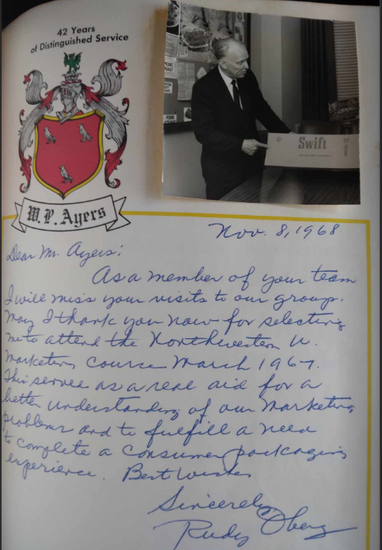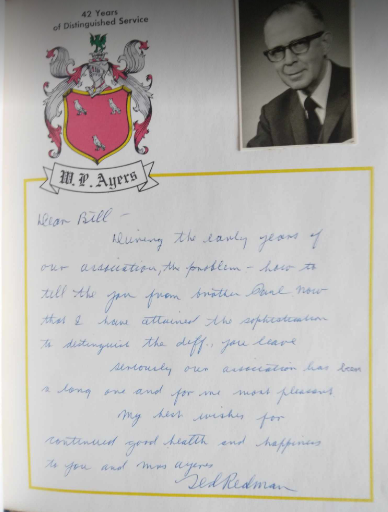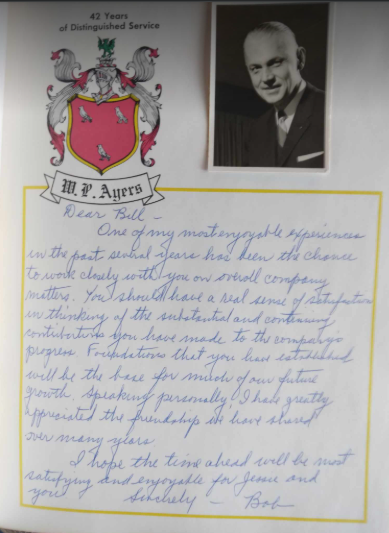The Rise and Legacy of Swift & Company: A Meatpacking Empire That Transformed America
- North Chicago Media
- Apr 24, 2025
- 4 min read

In the halls of American industry, few companies have left as profound a mark on food production and distribution as Swift & Company. Founded in the late 19th century, Swift revolutionized the meatpacking industry with innovations in refrigeration, transportation, and vertical integration. Its impact extended far beyond Chicago stockyards, shaping the modern food supply chain as we know it today.
Origins: From Butcher Shop to Industrial Powerhouse
Gustavus Franklin Swift, born in 1839 on Cape Cod, Massachusetts, began his career in the meat trade as a teenage butcher. Recognizing a growing demand for meat in urban centers, Swift moved to Chicago in the 1870s — then the meatpacking capital of the United States. With its proximity to livestock-rich regions and access to railways, Chicago offered the ideal location for expanding operations.
Strong Influencers from Chicago
William P. Ayers dedicated an exemplary 42 years to Swift & Company, rising through the ranks to eventually serve as President. His tenure was marked by deep commitment, strategic vision, and steady leadership that helped guide the company through critical phases of growth and transformation. Beginning his career in the early 20th century, Ayers witnessed — and contributed to — the evolution of Swift from a meatpacking powerhouse into a diversified enterprise with operations spanning food production, logistics, and global trade.
As President, Ayers was instrumental in modernizing the company’s infrastructure and operations while preserving the founding values of efficiency and innovation that Gustavus Swift had championed. Under his leadership, Swift & Company strengthened its position in an increasingly competitive industry, navigating economic shifts, regulatory changes, and global expansion. His legacy is one of resilience and forward-thinking stewardship — a reminder that the strength of any company lies not just in its products or processes, but in the enduring dedication of the people who lead it and the city that contributed so much….Chicago!
Snap Shots of History In The Making
We are taking you back in time to the year of 1968. Maybe some of you will recognize a member of your family while reading through these honorary letters from important people at Swift and Company to William P. Ayers recognizing his outstanding accomplishments and 42 years of dedication.
Innovation: The Ice-Cold Engine of Progress
Swift's biggest contribution came in the form of refrigerated railcars. Before this invention, live animals had to be transported cross-country — a process that was expensive, stressful for the livestock, and resulted in significant waste.
In 1878, Swift commissioned engineer Andrew Chase to design a refrigerated railcar that could transport chilled meat. These cars used ice and insulation to keep meat fresh during long journeys. When railroads refused to haul them (fearing the loss of livestock shipping revenue), Swift ingeniously leased his own cars and partnered with smaller lines.
Also in 1878, Swift partnered with financiers to form Swift & Company. His bold vision was to centralize slaughtering in Chicago and ship dressed meat eastward — a move that would bypass costly and inefficient local butchering. The innovation worked. By 1880, Swift was delivering fresh meat to cities like Boston and New York at unprecedented scale and cost-effectiveness.
Expansion and Integration
Swift & Company quickly grew into one of the largest meatpacking firms in the world. The company diversified its offerings and streamlined operations, embracing vertical integration — controlling every stage from slaughter to shipping.
The company expanded its product lines to include processed foods, soap, glue, fertilizers, and other byproducts, ensuring nothing from the slaughter process went to waste. This efficient, profit-maximizing approach became the gold standard for modern food production. By the early 20th century, Swift & Company was a household name, with processing plants, distribution centers, and offices across North America and overseas.
Antitrust and the Government's Watchful Eye
With size came scrutiny. Along with competitors like Armour & Co. and Cudahy, Swift became a target of antitrust investigations. The companies were accused of monopolistic practices and price-fixing in what became known as the "Beef Trust."
In 1905, Upton Sinclair’s novel The Jungle exposed unsanitary conditions in Chicago meatpacking plants, drawing national outrage and prompting the Meat Inspection Act and the Pure Food and Drug Act of 1906. Swift & Company adapted to the new regulations and continued to grow, though it faced multiple legal challenges over the next several decades.
Modernization, Mergers, and the Global Market
Through the 20th century, Swift & Company diversified further into frozen foods, dairy products, and poultry, becoming part of the broader processed food industry. In 1973, the company was acquired by Esmark, a conglomerate, and later merged with Beatrice Foods. In the 1980s and 1990s, a series of acquisitions and restructurings shifted the brand into new hands.
In 2007, the company — by then known as Swift & Co. — was purchased by Brazilian meat giant JBS S.A., the largest meat processing company in the world. It was rebranded as JBS USA. Today, while the Swift name may not be as prominent on store shelves, its legacy lives on through the practices and infrastructure it helped pioneer in global meat processing and logistics.
Legacy: A Giant of Industrial America
Swift & Company didn’t just process meat — it transformed how food moved, how it was preserved, and how it was sold. Its refrigerated railcars were a precursor to today’s cold chain logistics. Its vertically integrated business model influenced industries far beyond food. Gustavus Swift’s relentless pursuit of efficiency helped build a modern food system. Yet, it also sparked important debates about labor, corporate power, and food safety — debates that continue today.
Whether seen as an industrial innovator or a symbol of corporate overreach, Swift & Company remains an essential chapter in America’s economic history. North Chicago Media beseeches you to bring your stories of how you or a loved one has influenced Chicago! We love bringing real life stories that have impacted Chicago history to light.
Do you have a story that you would like featured? Contact North Chicago Media.











